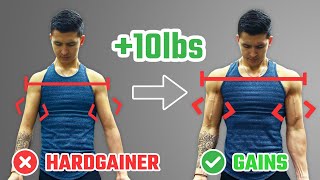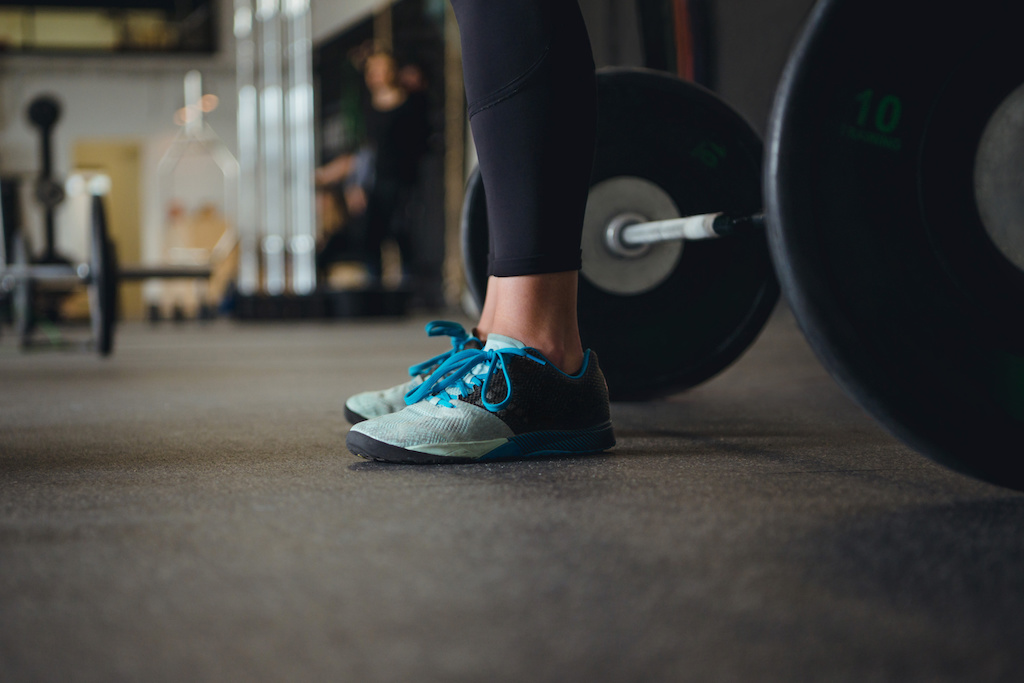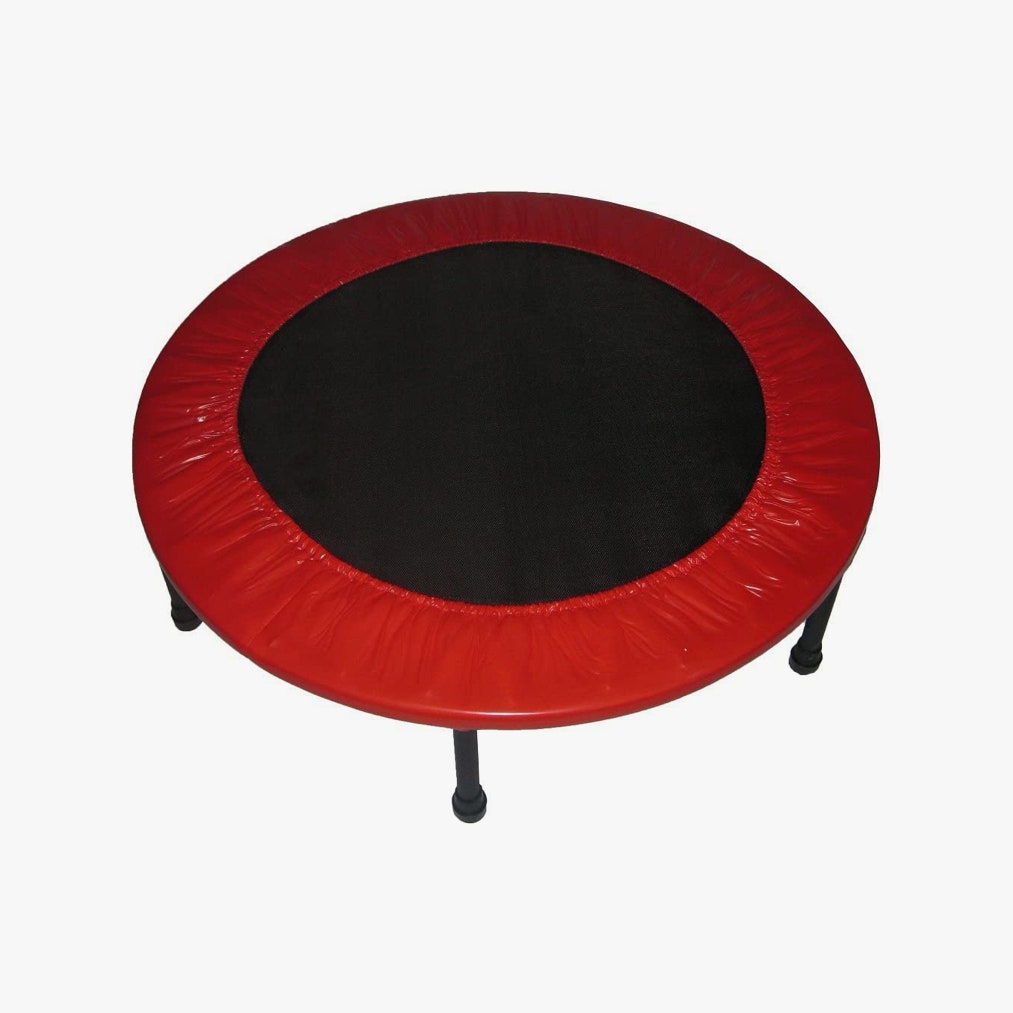
The earning potential of a career in personal training is only limited by your own imagination. Personal training is a career that helps clients reach their fitness goals. A personal trainer can encounter many types of clients. If you are familiar with a specific client type, you may choose to specialize in that area. Most certifying agencies offer specialty certifications.
You must have the following requirements to be a personal trainer
You might wonder if you need to be a personal trainer if you are looking for a career as a fitness professional. While there are not many requirements, you should still meet some of the basic requirements. These include being at the minimum 18-years old, and holding a highschool diploma or GED. You also have the option to take advanced certifications.
One of the most important requirements for becoming a personal trainer is good customer service skills. You will need to be able evaluate the fitness needs of your clients and then provide services that match their goals. You should also have good communication skills, as you will be on your feet for long periods of time.

Your job duties
The job duties of a personal trainer are diverse. They include marketing and sales, as well as running personal training sessions. They must also be able to book and manage clients' time slots. They must be able communicate with clients about their training options and the various options available to them, and also respond to questions. They must also be able help the gym with promotions and marketing.
Personal trainers are professionals in fitness who specialize in the role of exercise for improving body function. They are able to tailor exercise programs to their clients using their knowledge and expertise, helping them to form healthy long-term habits. They can help clients of all ages, fitness levels, and genders.
Certification
If you are interested in becoming a personal trainer, the first step is to obtain your certification. There are many certifications offered by the American College of Sports Medicine (ACSM). These certifications include topics like nutrition, injury prevention, and low-back disorders. The ACSM also offers clinical certifications.
Along with obtaining your certification you need to continue studying the industry. It is essential to keep up-to-date with all the latest technologies and developments in the industry. You should also learn about the different types of workout programs available. You can do this by continuing education, attending workshops with the American Council on Exercise and/or attending fitness events.

Perspectives for the future
The outlook for personal trainers looks positive. According to U.S. Bureau of Labor Statistics, the demand for trainers is up 10 percent. This growth is much faster than that of all other occupations. This industry has many opportunities for entrepreneurship and management.
Annually, there are 69,000 job openings for fitness instructors. Personal trainers play a vital role in health clubs that strive to provide top-quality services. However, the average salary for personal trainers is $40,700 annually. The pay can vary depending upon where they live.
FAQ
Which is more important: Exercise, diet, or sleep?
This depends on what you're trying to achieve. It is important to lose weight. To build muscle mass, exercise is crucial. Because it affects your performance during the day, sleep is the most important factor.
What are cardio exercises?
Cardiovascular exercises are ones that make your heart and lungs work harder. Jogging, swimming and rowing are just a few examples. These activities increase metabolism and burn fat. These activities are great for staying fit because they strengthen your heart and lungs.
Why is fitness so important?
Fitness is crucial for our health. Exercise is important to maintain your weight, strength and flexibility as well our cardiovascular system. Exercise is also good for our sleep, stress reduction, self-esteem and energy throughout the day.
Why is it important for you to get enough rest?
For a healthy lifestyle, sleep is vital. Sleep is essential for your body to recover from daily stressors and repair itself. Getting adequate sleep each night helps you to function optimally throughout the day.
Do I need to eat before working out?
No. It's not necessary to eat anything before you work out. However, if you're hungry after working out, you might want to snack on something light like fruit or yogurt.
Statistics
- One study showed that adults who watch more than 4 hours of television daily had an 80% higher risk of death from cardiovascular disease. (heart.org)
- An estimated 110,000 deaths per year could be prevented (cdc.gov)
- Globally, 28% of adults aged 18 and over were not active enough in 2016 (men 23% and women 32%). (who.int)
- In 2018, the World Health Assembly agreed on a global target to reduce physical inactivity by 15% by 2030 and align with the Sustainable Development Goals. (who.int)
External Links
How To
How to Burn Belly Fats Quicker
Belly Fat is usually seen as a problem when we want to lose weight. It's actually a good thing, in fact. It's the amount of fat stored around your stomach that protects your organs from getting damaged. Let's look at how to rapidly lose belly fat.
The main factors that lead to body fat storage are stress and lack exercise. Because of its stimulation of the production hormone cortisol, stress can make us feel hungry continuously. Cortisol increases insulin levels in our blood. Insulin then stores excess calories as fat. An increased appetite can be caused by a lack of sleep. These extra calories can be broken down by exercising.
There are many different ways to reduce bellyfat. Depending on your budget, you can try each one. These are some ways to quickly lose belly fat.
-
Try to eat less food. Instead of eating three large meals per day, try to eat smaller meals. This way, you'll consume fewer calories overall.
-
Drink plenty of water. Water flushes out toxins and keeps you hydrated. Also, drinking water before every meal will keep you feeling full longer so you won't overeat.
-
Avoid unhealthy snacks. If you're looking for quick fixes, snack foods like chips, cookies, candies, etc. might seem tempting. These fattening treats are best avoided as they have too many empty calories and sugar. Instead, opt for healthy alternatives such as fruits, vegetables and whole grains.
-
Three times per week, strength training is recommended. Strength training increases muscle mass, which can help you burn more calories while still resting. Strength training strengthens bones, muscles and ligaments. It can also improve the heart, lungs, joints, and other body systems.
-
Regularly walk or stretch. Stretching improves flexibility and mobility which can reduce back pain. Walking can help you burn calories.
-
Reduce alcohol intake. Reduce alcohol intake. Alcohol is a waste of calories and has no nutritional value.
-
Lose weight gradually. To lose weight, the first step is to determine what your current weight. Add 5%-10% of your total bodyweight to calculate your ideal size. Once you have reached your target weight, begin decreasing your daily calories intake by 500-1 000 calories until you reach your goal.
-
Avoid processed foods. These foods are high-in salt, sugar, as well as preservatives. Even though they can be very convenient, these foods lack sufficient nutrients to support your health.
-
Don't skip breakfast! Eating breakfast improves concentration, memory, and energy level. Breakfast should include protein (like eggs), fiber (like oats), and complex carbohydrates (like oatmeal).
-
Have regular bowel movements. Constipation and irregularity can cause gas and bloating. Drink plenty of water to prevent gas and fiber ingestion.